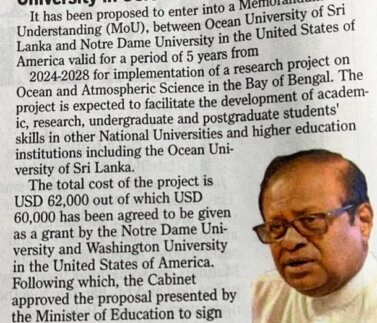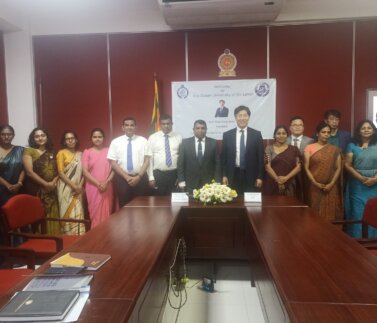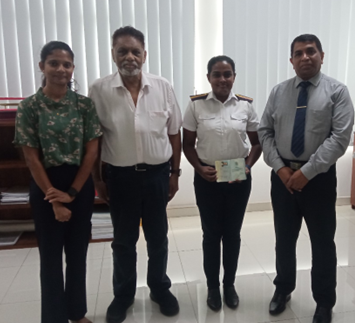
Skills Sri Lanka: Transformation for the Future
Skills development in Sri Lanka evolves from ancient times where skills were taught by father to son or by elder relative to a younger one to ensure a regular supply of skilled artisans for society. Sri Lanka had high standards of skills in construction, crafts, architecture and hydraulic technology during that time. This harmonious system that prevailed for centuries was disturbed during the period Sri Lanka came under colonial rule. With the passage of time, requirements emerged for skills in manufacturing, construction, machinery maintenance, etc., with the progress of industrialization. Against this backdrop, formal vocational training had its beginnings in 1893 when the first Technical College at Maradana in Colombo was established to train skilled workers needed for development works.
The period after independence (1948) saw a renewed interest in the development of skills required for achieving the development objectives of a newly emerging nation. Accordingly, actions had been taken to establish a network of technical colleges and many other autonomous Vocational Training Institutes under different ministries. The company-based apprenticeship training system was re-organized by establishing the National Apprenticeship Board (NAB) in 1971. The Tertiary and Vocational Education (TVE) Act No. 20 of 1990 (amended by Act No. 50 of 1999) established the Tertiary and Vocational Education Commission (TVEC) as the regulatory body in the vocational training sector and re-established NAB as the National Apprentice and Industrial Training Authority (NAITA).
Read more – http://www.dailynews.lk/2021/03/03/features/242944/skills-sri-lanka-transformation-future



